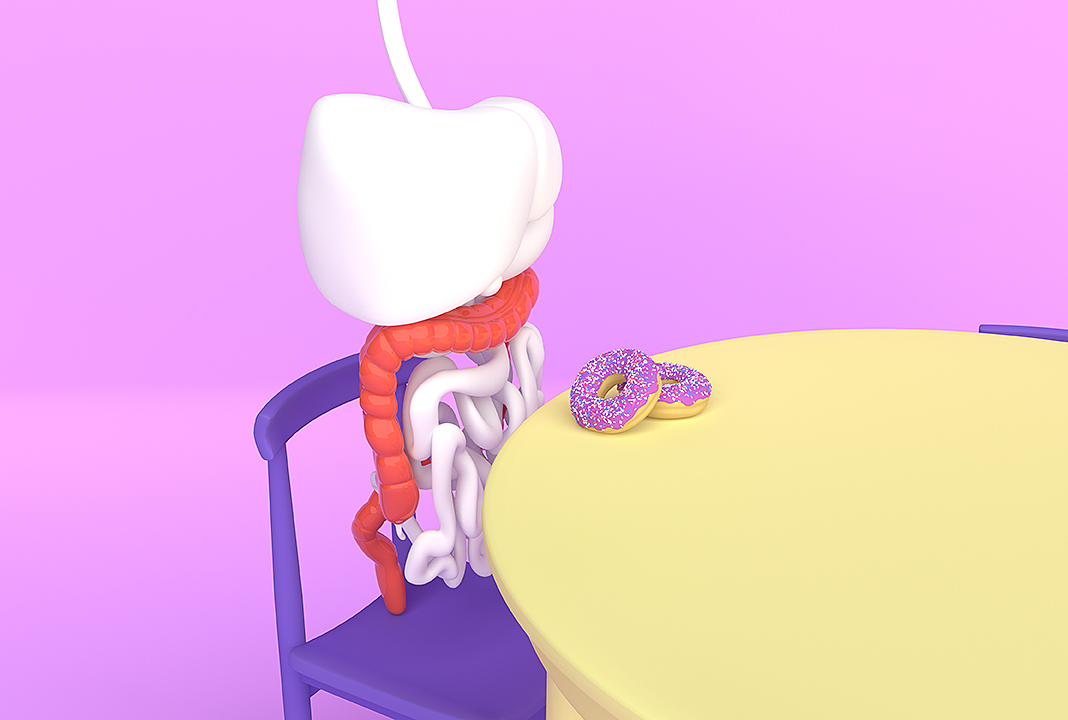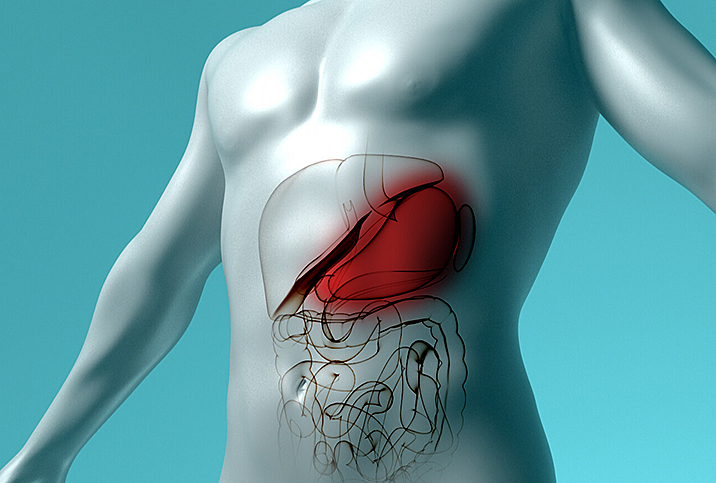Don't Let Irritable Bowel Syndrome Keep You from Dining Out

For people with irritable bowel syndrome (IBS), dining out can be a serious challenge. Food may unexpectedly trigger pain and discomfort, and symptoms can come on quickly with little to no warning. With a little bit of planning, however, it's still possible to enjoy a restaurant meal with friends and family, regardless of your condition.
What is IBS?
IBS is a disorder that affects the large intestine, but there isn't one kind of IBS. It can manifest in a couple of different types. IBS with diarrhea (IBS-D) is characterized by chronic or recurring diarrhea, while IBS with constipation (IBS-C) involves abdominal pain or discomfort from chronic constipation.
Symptoms of IBS-D and IBS-C include:
- Appetite loss
- Bloating
- Constipation
- Cramps
- Diarrhea
- Fever
- Gas
- Nausea
- Stomach pain
- Weight loss
What causes IBS?
The cause of IBS is unclear. A doctor will typically diagnose it by using your symptoms to eliminate other possibilities first. Factors that seem to play a role in IBS include abnormally strong or weak contractions in the intestine, abnormalities in the digestive system's nerves, a severe infection caused by bacteria or a virus, early-life stress or changes in gut health that impair digestion.
Diet changes for IBS
Unfortunately, there's no cure for IBS, so its treatment focuses on relieving symptoms. Doctors may recommend diet changes such as cutting back on caffeine, eating smaller meals and avoiding “trigger foods” that repeatedly set off your symptoms.
Triggers vary from person to person but often include:
- Alcohol
- Beans
- Coffee
- Dairy
- High-fructose corn syrup
- Spicy foods
- Sugar
Carbonated beverages can also trigger IBS symptoms, especially when they are part of a mixed drink or a sugary beverage. Some types of alcohol may be safe in small amounts, but conduct your experiments at home rather than when you're out. You can aid the digestive process by sipping beverages slowly during the meal and chewing thoroughly.
For some people, spices and herbs such as ginger, peppermint and chamomile added to meals help alleviate IBS. Keeping a food diary can help you pinpoint the foods that exacerbate or improve your symptoms Identifying personal triggers requires some investigative work but can build your confidence in social situations, such as dining out.
Connection between stress & IBS
Aside from being mindful of your diet, you can make other lifestyle changes to help keep IBS under control. For example, stress management is essential for keeping flare-ups at bay. Many people with IBS also suffer from anxiety and depression, so seeking mental health support goes hand in hand with IBS treatment. In addition, getting proper sleep and practicing relaxation techniques can go a long way toward improving your quality of life with IBS.
This is especially helpful for eating situations that are out of your control. Fear of a sudden onset of symptoms may make you anxious; the anxiety, in turn, may worsen your symptoms. Practices such as meditation, yoga and deep breathing can help. Download guided meditations so you can practice coping with stress, particularly before anxiety-inducing dining-out situations.
Plan for potential issues
Dining out can be better managed with some planning. Most restaurants post their menu online and are receptive to phone calls and questions that will help you decide ahead of time what your best options are. Chefs may adjust to accommodate special requests, so don't be afraid to ask. A smart move when navigating restaurant menus is to avoid high-fat dishes such as those that contain red meat, fried food and cream-based sauces.
Part of your plan could include eating light at other meals throughout the day and sticking to low-trigger foods. Take medication before you go out or bring it with you, so you can manage sudden symptoms at the restaurant.
If you are dining out with close friends or family, it may reduce your anxiety to take your car and let your loved ones know that you may need to leave early or suddenly. Knowing that you already planned a viable exit will give you peace of mind whether you end up needing to leave or not. Locating the restroom when you first arrive should make it easier to deal with potential concerns and let you enjoy your time with loved ones.
Living with IBS can be challenging, but making smart decisions about your diet, as well as managing your stress and creating a plan, can make some aspects a little easier.


















